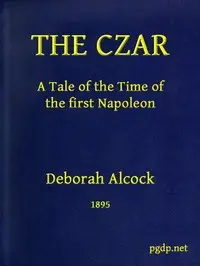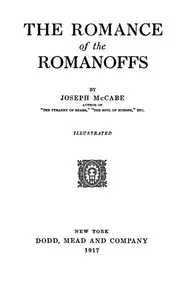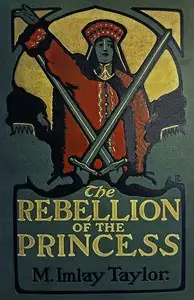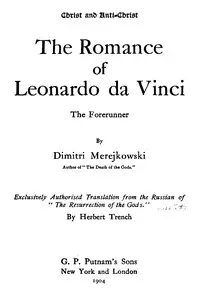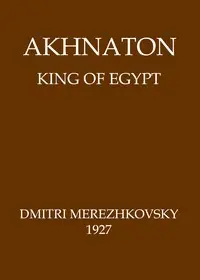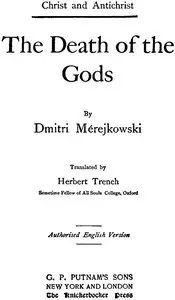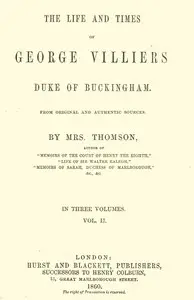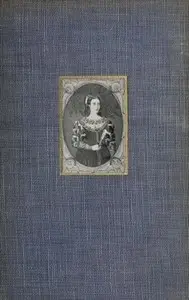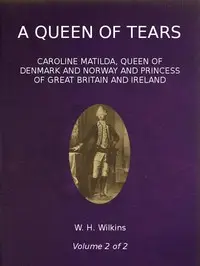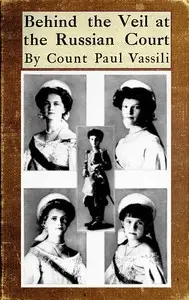"Peter and Alexis: The Romance of Peter the Great" by Dmitry Sergeyevich Merezhkovsky, is a historical fiction set in early 18th century Russia, portraying the complicated bond between Tsar Peter the Great and his son, Tsarevitch Alexis. It kicks off with Alexis meeting Larion Dokoukin, an old clerk worried about the Antichrist and spreading writings against Peter's reforms, which introduces the conflicts between Alexis's duty to his father and his sympathy for those troubled by Peter's changes. This hints at the novel’s larger focus on power struggles, rebellion, and political games during a time of major changes. The story highlights Alexis's emotional and moral struggles, especially how he feels disconnected from his royal duties and his wife, painting a picture of his sadness in the new city of Petersburg.
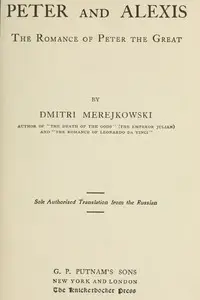
Peter and Alexis: The Romance of Peter the Great
By Dmitry Sergeyevich Merezhkovsky
Amidst a Russia undergoing dramatic change, a father and son clash over power, duty, and the future of their nation, all while whispers of rebellion grow louder.
Summary
About the AuthorDmitry Sergeyevich Merezhkovsky was a Russian novelist, poet, religious thinker, and literary critic. A seminal figure of the Silver Age of Russian Poetry, regarded as a co-founder of the Symbolist movement, Merezhkovsky – with his wife, the poet Zinaida Gippius – was twice forced into political exile. During his second exile (1918–1941) he continued publishing successful novels and gained recognition as a critic of the Soviet Union. Known both as a self-styled religious prophet with his own slant on apocalyptic Christianity, and as the author of philosophical historical novels which combined fervent idealism with literary innovation, Merezhkovsky became a nine-time nominee for the Nobel Prize in literature, which he came closest to winning in 1933. However, due to contested claims that he expressed regard for Fascism as a lesser evil than Communism during the outbreak of war between Germany and the USSR shortly prior to his death, his work largely fell into neglect after World War II.
Dmitry Sergeyevich Merezhkovsky was a Russian novelist, poet, religious thinker, and literary critic. A seminal figure of the Silver Age of Russian Poetry, regarded as a co-founder of the Symbolist movement, Merezhkovsky – with his wife, the poet Zinaida Gippius – was twice forced into political exile. During his second exile (1918–1941) he continued publishing successful novels and gained recognition as a critic of the Soviet Union. Known both as a self-styled religious prophet with his own slant on apocalyptic Christianity, and as the author of philosophical historical novels which combined fervent idealism with literary innovation, Merezhkovsky became a nine-time nominee for the Nobel Prize in literature, which he came closest to winning in 1933. However, due to contested claims that he expressed regard for Fascism as a lesser evil than Communism during the outbreak of war between Germany and the USSR shortly prior to his death, his work largely fell into neglect after World War II.


